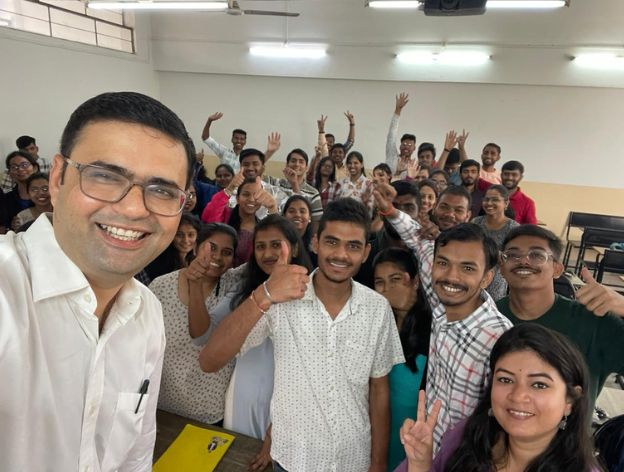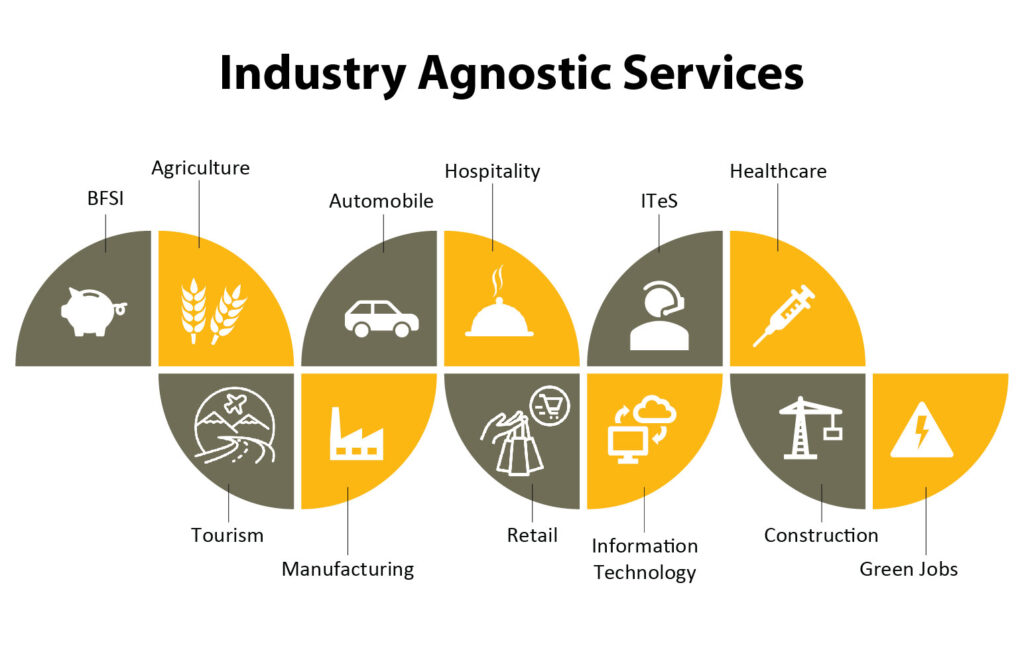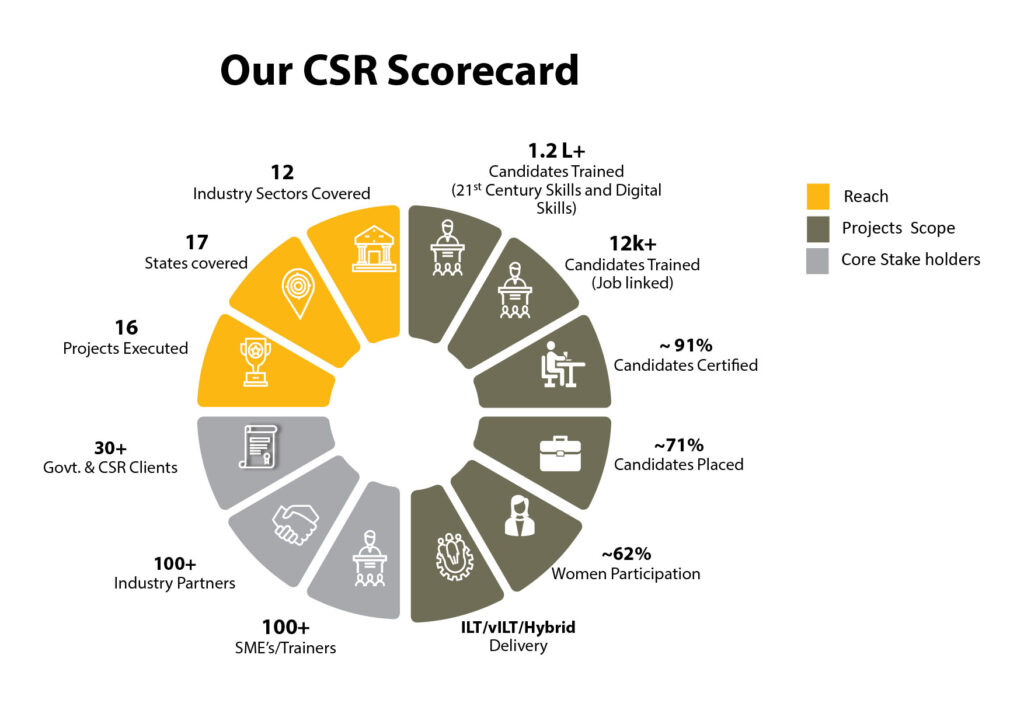What Our Cutomers are Talking About Us

Ayana Renewable Power Pvt Ltd. engaged TMI for implementing its Skill development project at Village Khichiyan, Jamsar, Bikaner, Rajasthan where Ayana’s 300 MW Solar project is in operation. The first phase of skill development project was implemented by TMI where 184 youth were upskilled and TMI was able to support 135 youth in finding jobs in different companies. Further, Ayana continued with TMI for its second phase of skill development project where 200 youth were upskilled and TMI supported in finding jobs in different companies for these youth. TMI’s team associated with Ayana ‘s Skill development project demonstrated professionalism, in the implementation process and has performed assigned task to satisfaction.
Nishant Kumar
Sr. VP. Sustainability & Quality, Ayana Power

It gives us immense pleasure to share how brilliantly the program has been conducted despite the challenges the pandemic imposed. We would like to give our sincere thanks to the entire team in supporting IBM and NF with the program. In this regard we are sharing a certificate of appreciation for TMI towards the success of this program. In this regard, we cannot ignore the special effort put forth by Anand Viswa and Imran in monitoring the and executing the program on ground and always being ready for all kinds of adaptation we imposed on the program due to the pandemic. We hope to continue our association further and stronger for more such programs.
Ashima Mathur
Nasscom Foundation

















